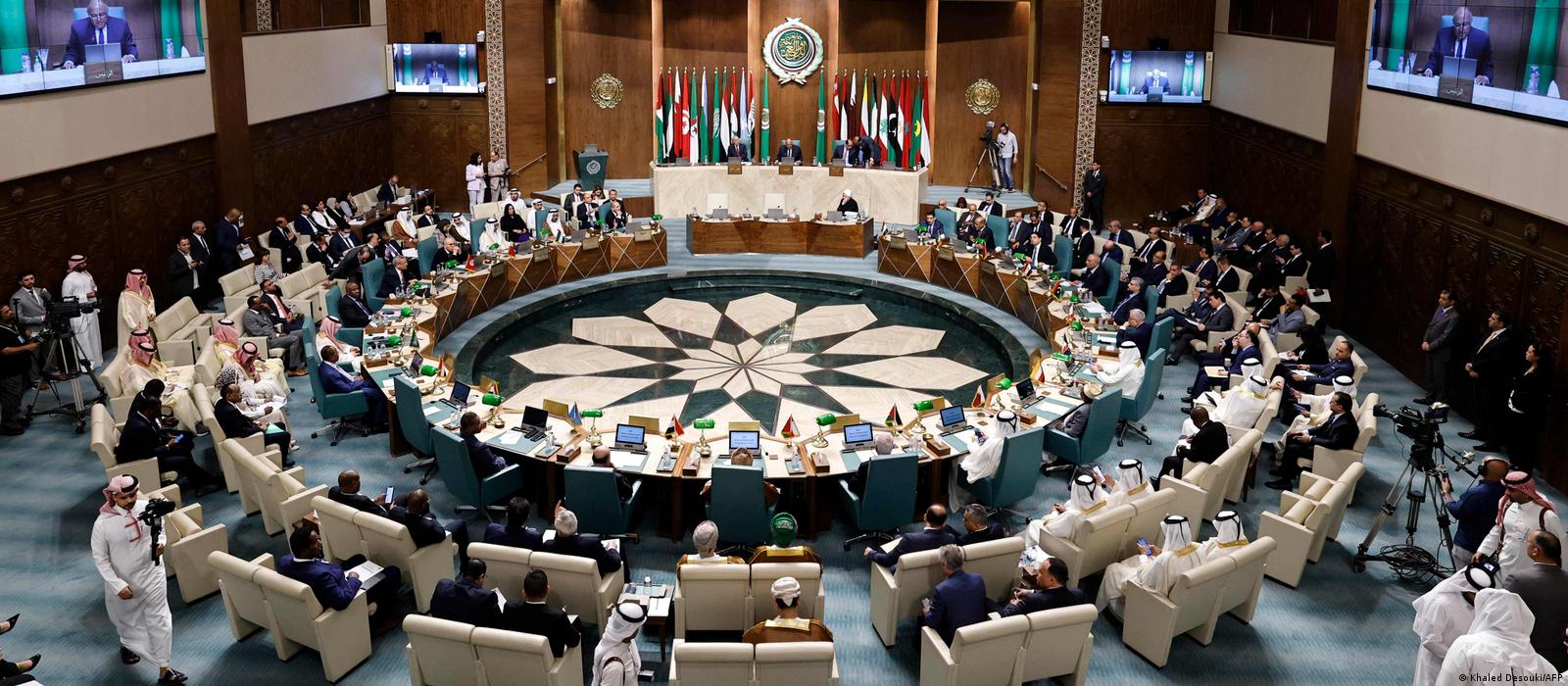The Arab League on Sunday welcomed back Syria’s government, ending a more than decade-long suspension and securing President Bashar al-Assad’s return to the Arab fold after years of isolation.
Cairo- Arab League foreign ministers voted on Sunday to readmit Syria into the organization, after a suspension that lasted over a decade due to the region-wide condemnation of President Bashar Assad’s crackdown on the 2011 protests-turned-civil-war.
Ministers held a closed meeting at the League’s headquarters in Cairo, where the unfolding situation in Sudan was also on the agenda.
“Government delegations from the Syrian Arab Republic will resume their participation in Arab League meetings,” the group’s foreign ministers said.
Some Arab League members did not attend the session on Sunday. The most notable absentee was Qatar, which has backed Syria’s opposition against Assad.
Meanwhile, Syria said the “positive” move serves Arab interests.
“The stage ahead requires an effective and constructive Arab approach at the bilateral and collective levels based on dialogue, mutual respect and common interests of the Arab nation,” Syria’s state news agency SANA quoted the country’s Foreign Ministry as saying.
Move ‘does not mean normalization’
“The reinstatement of Syria does not mean normalization of relations between Arab countries and Syria,” Arab League Secretary-General Ahmed Aboul Gheit told a press conference in Cairo on Sunday. “This is a sovereign decision for each country to make.”
Following the announcement on Sunday, Qatar said its stance on “normalizing relations with the Syrian regime has not changed.”
Some Arab states, including Qatar, have been opposed to normalizing relations with Assad’s Syria without a political solution to the conflict. But others, like the United Arab Emirates and Jordan, have quietly reestablished contact in recent years.
The Arab ministers agreed to set up a contact committee of envoys from Saudi Arabia, Egypt, Jordan, Iraq, Lebanon and the Arab League head, to maintain direct contacts with Syria.
The committee aims to reach a “comprehensive solution to the crisis addressing all its ramifications,” the final statement said, without elaborating.
Egyptian Foreign Minister Sameh Shoukry, who headed the talks, told his counterparts earlier on Sunday that “the only way to settlement of the [Syrian] crisis is a purely Syrian political solution without foreign dictates.”
Despite the changes in the Arab stance, the US State Department said earlier this week that it will not “not normalize relations with the Assad regime and does not support others normalizing” until UN-facilitated political progress has been made.
Syria’s gradual return to Arab diplomacy
For much of the past 12 years, Syria was shunned from most diplomatic interactions in the region.
But recently, there has been an acceleration in the process of reestablishing ties, with Syrian Foreign Minister Faisal Mikdad paying visits to Arab capitals including Cairo, Amman and Tunis.
It was after a last month’s visit to Saudi Arabia that Arab countries got together in Jeddah to discuss moves to end Syria’s isolation, which has lasted for over a decade.
Saudi Arabia, which had initially supported Assad’s opposition, was among the staunchest opponents to Syria’s return.
However, the rich Sunni kingdom in March announced the restoration of diplomatic ties with Shiite Iran, after years of suspended relations.
Tehran has been a strong Assad backer.
France24/ AFP /DW


Leave a Reply
You must be logged in to post a comment.